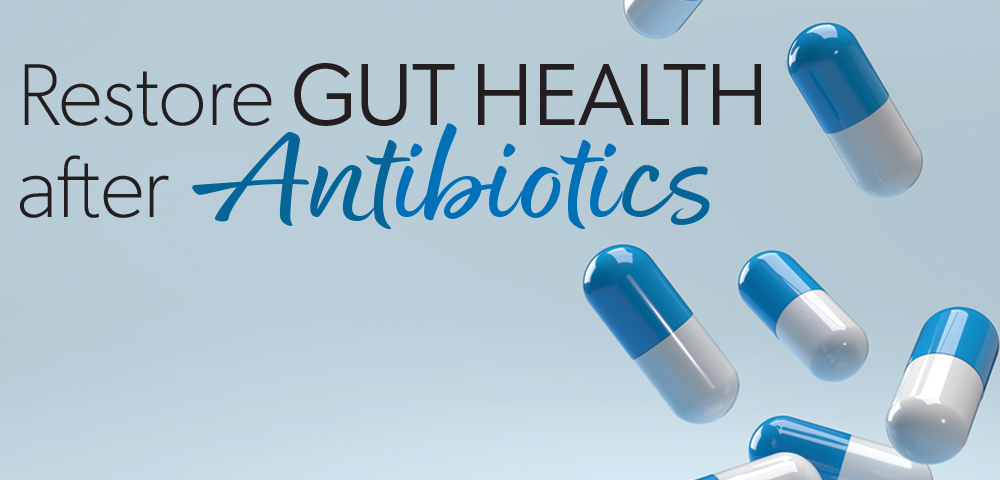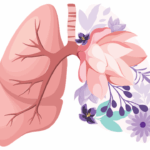
Antibiotics are often overprescribed and can leave you with lasting problems if you don’t take steps to recover properly
Antibiotics were a groundbreaking discovery in Western medicine and have saved countless lives because of their ability to wipe out deadly infections.
However, we are realizing more and more that antibiotics are often overprescribed and can leave you with lasting problems if you don’t take steps to recover properly.
You see, the human body is host to trillions of bacteria that are beneficial to our health and essential body processes. Unfortunately, antibiotics cannot distinguish between “good” and “bad” bacteria when used to treat an infection. This means that they can have a devastating effect on our microbiome, causing “dysbiosis,” or an imbalance of our microbiome flora.
SYMPTOMS OF DYSBIOSIS
After a course of antibiotics, sometimes even long after, it’s very common for people to experience some of these symptoms: difficulty thinking or “brain fog,” fatigue, anxiety, depression, bad breath, bloating, constipation, diarrhea, skin rashes, yeast infection, vaginal or rectal itching, nausea, upset stomach, recurring infections, such as urinary tract or sinus infections, and joint pain.
ARE YOU SAYING I SHOULD NEVER TAKE ANTIBIOTICS?
Not at all. While antibiotics have been overprescribed in the last few decades, doctors are now considering a time and place where antibiotics are crucial. Sometimes there is a better option to help your body fight a mild infection while maintaining microbiome health, and other times antibiotics may be a necessary choice. I always encourage you to discuss your concerns with your health care practitioner to weigh the pros and cons of your unique situation.
CAN I RECOVER MY MICROBIOME AFTER ANTIBIOTICS?
The good news is, yes! There is a lot you can do to rebuild healthy gut flora. That being said, it can take some time, effort, and dedication, but it is well worth it to help your body function optimally.
How to rebuild healthy gut flora
- PROBIOTICS
- PREBIOTICS
- CLEAN UP YOUR DIET
- GUT-SUPPORTING FOODS
- GUT-SUPPORTING SUPPLEMENTS
-
Probiotics go a long way in rebuilding your healthy bacteria levels. You can find probiotics in foods such as sauerkraut, kefir, kombucha, miso, yogurt, apple cider vinegar, and kimchi. You can also take probiotics in a supplement form. I recommend strains such as Lactobacillus plantarum, Bifidobacterium lactis, Bifidobacterium infantis, and Bifidobacterium longum as they are the least likely to cause inflammation.
-
Prebiotics are the “food” for good bacteria. Excellent food sources of prebiotics are bananas, chicory root, dandelion greens, garlic, artichokes, leeks, and asparagus. You can also buy dietary supplements in natural health stores to support prebiotic health.
-
Eating foods high in sugar, low in essential nutrients, and filled with additives can help bad bacteria and yeast thrive in your microbiome. While rebuilding your flora, remove sugars, white flour, alcohol, and processed foods from your diet.
-
In addition to some of the foods I’ve already noted, these will help give an extra boost to your journey:
Fresh vegetables – Good bacteria love vegetables, because the bacilli take what our bodies can’t break down and turn the excess into other essential nutrients.
Bone broth – Bone broth is an excellent source of collagen, which helps strengthen your gut lining. You can also find collagen in supplement form if you prefer.
Ginger – Ginger helps produce more stomach acid and stimulates food to move through the digestive tract.
- Zinc, L-glutamine, marshmallow root, and licorice root are additional supplements that can support you on your journey to good gut health.
Happy healing!












